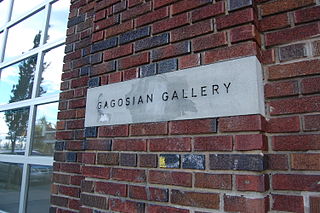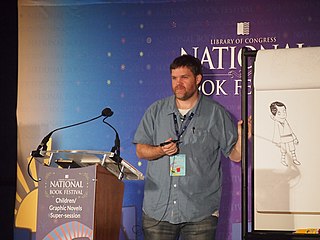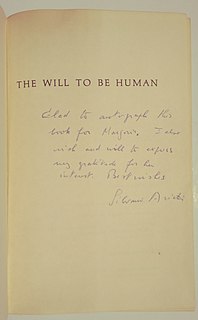A Quote by Wendy Beckett
A work of art is great to the extent that to encounter it is to be changed.
Related Quotes
The person who appreciates a great work of art has the feeling that the work grows in him as he becomes involved in a prolonged capturing of emerging marginal meanings. He feels that he, too, is creative, that he himself is adding to his experience and understanding. Moreover, he wants to confront the work of art many times. He is not easily tired of it, as he would be had he read a purely logical statement. He realizes that the work of art does not merely transmit information; it produces pleasure.
In most modern instances, interpretation amounts to the philistine refusal to leave the work of art alone. Real art has the capacity to make us nervous. By reducing the work of art to its content and then interpreting that, one tames the work of art. Interpretation makes art manageable, conformable.







































